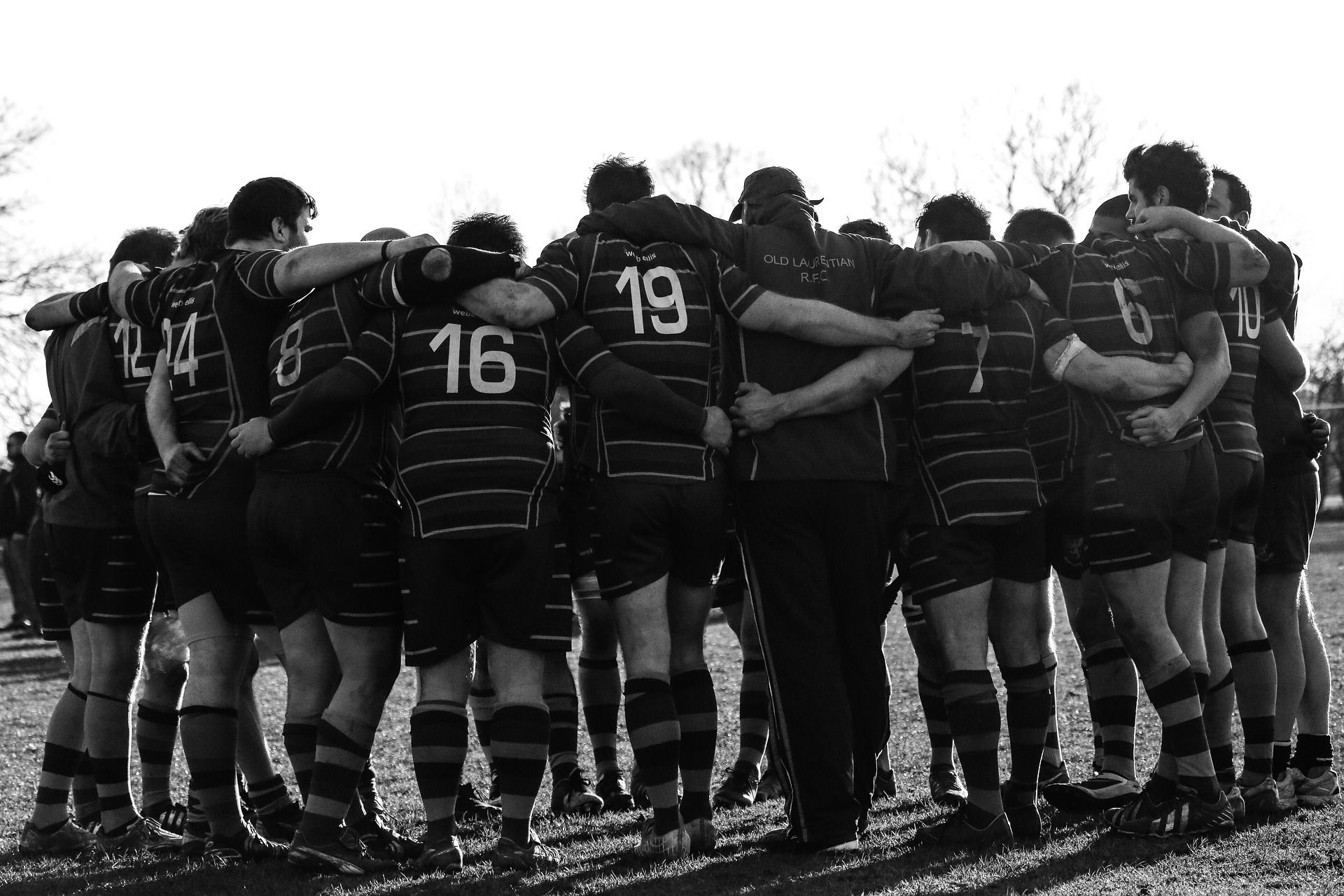Initiations: team-building or bullying?
Perhaps the biggest clue to their success is the mystery that surrounds initiations. Despite the various rumours and dramatic stories that circulate across campus each year, actual explanations of initiations are vague. I decided to investigate the secrets surrounding this Warwick tradition, though fully aware of just how difficult it would be to pull anything out of those who have participated for fear of being punished or even excluded from their team. Indeed, most of the people I spoke to simply said they were unable to disclose any information.
Initiations are prevalent amongst various sports and societal clubs here at Warwick. Whilst the novelty of these daring yet intense activities provide amusement, they do make you question what constitutes going too far and at which point creating a laddish comradery turns into a humiliating abuse of power.
Silence appears to be a running trend within initiations: though nearly everyone remembers initiations, nobody wants to be the one to talk about them.
One of the most notable examples at Warwick was when the university’s rugby team strutted around campus scantily clad, receiving orders to perform push ups and crawl on the ground from masked men. A video of the ceremony went online, and the university launched an investigation into the ritual after it was reported by two different people. A university spokesman at the time said: “The Students’ Union and the university are looking at it together and will take action as appropriate.” The club was found guilty of being drunk and disorderly, using abusive language, and failing to follow health and safety regulations. It faced a one year ban on attending SU events such as POP!
Silence appears to be a running trend within initiations: though nearly everyone remembers initations, nobody wants to be the one to talk about them. We can only rely on the stories of initiations, as legendary as they appear to be, which is probably what makes them so interesting. Even reports from other universities contain similar incidents, with new rugby players allegedly forced to get a naked spray tan in front of the rest of their team. Perhaps even more surprising is one other team’s system of ranking its members in order of ‘most attractive penis’. Additionally, one story featured on The Tab explains how students were made to apple bob rats in Manchester.
As horrific as these claims appear, they all draw on the wider issue of whether the regressive masculine dynamic that is being increasingly incorporated in these rituals is really something that the university should be intentionally or unintentionally promoting. The negative effects of initiations have been clear for all to see as over the years they have led to many universities, including Coventry, banning the strange initiation ceremonies.
Initiations must focus on ensuring that they are a healthy social practice, rather than a ceremony based on intimidation
Sports teams seem to wear their most outrageous initiation ceremonies as a badge of honour. In 2008, students from Gloucestershire University took part in a ceremony where they were seen marching through the streets with bags on their heads led by a man dressed in a Nazi Uniform.
The heavy drinking alone is enough to warrant criticism. Year after year, reports surface of students having to drink from buckets or downing whole bottles of wine, as seen at Loughborough University. Warwick University’s policy states that these adoptions should be “fun but above all inclusive, non-threatening and safe.” These guidelines are undeniably vague, and the inherent power dynamic of these initiations makes it harder to know exactly when things have gone too far. While a risk assessment and a plan of the night’s events need to be filled out in order for the initiation to occur, along with at least two sober members present, what can really stop them from going too far?
I’ve heard that some [initiations] get you to streak and shave your hair and stuff like that
Of course, not all initiations are like this. Many are fantastic for socialising, as viewed by Zoe Page, a new member to the rowing team. Zoe believes that initiations are great way to “make you feel like you’re a part of the team.” She told me how her initiations were amazing “for getting to know people because you’re doing all these weird challenges together and having a laugh.” At the heart of these exhilarating activities lies team bonding. Zoe’s experiences have included competing in a drunk egg and spoon race as well as being tied to her friends whilst running around campus. Initiations definitely act as an excellent ice breaker that will no doubt serve as a catalyst in enhancing unity within teams- a fundamental aspect of sport. Moreover, Zoe explained how, when you and your team mates are forced to do embarrassing things together (which in her case entailed running around Leamington Spa dressed up as Oompa Loompas), any sense of pride is eradicated and shared memories can form the basis of new friendships.
Nonetheless, Zoe reiterated: “Ours was really chill compared to other clubs. Like I’ve heard that some get you to streak and shave your hair and stuff like that.”
Perhaps these more relaxed initiations are the proper way to ensure a safe environment to welcome new members to the team. Initiations are a unique university experience and enjoying them to the maximum requires the right conditions. They certainly should not lose their distinct appeal, but organisers must focus on ensuring that they are a health social practice rather than a cult-like ceremony based on intimidation and bullying.

Comments